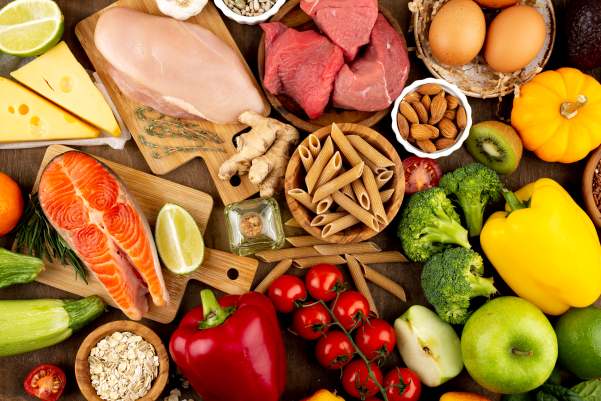809

The measure to cap commercial markups for a series of essential food products will be maintained until March 31, 2026, according to a draft law currently under public consultation. The Government is thus committing to continue a direct intervention in the food market, justifying the extension by the need to protect consumers against persistent inflationary pressures.
The decision is based on the amendment of Emergency Ordinance No. 67/2023 and aims to extend a framework already applied in recent months, which imposed clear limits on commercial margins practiced along the supply and retail chains for staple foods.
Which products are targeted?
The list remains unchanged and covers a wide range of essential goods, from dairy and bakery products to meat, oil, and vegetables. The most relevant include:
- white bread, flour, and cornmeal;
- milk, yogurt, sour cream, and butter;
- fresh chicken and pork meat;
- eggs, sunflower oil, sugar;
- telemea cheese, sugar-free plum jam;
- fresh bulk fruits and vegetables: tomatoes, onions, potatoes, apples, pears, plums, grapes.
The cap applies across the entire commercial chain – from producer to processor, distributor, and retailer – with markups limited to levels previously defined by legal provisions.
Rationale: social protection and economic balance
The Government argues that the extension of the measure is necessary to maintain the affordability of basic products for vulnerable populations, in an economic context where price volatility continues to affect the daily shopping basket. At the same time, authorities state that the measure has not generated major imbalances in the supply chain and has contributed to easing inflation in the food sector.
Long-term risks
Nevertheless, extending the price cap over a longer period raises questions about the sustainability of the mechanism. Without complementary policies to support local production and the competitiveness of processors, state intervention could affect investment and economic motivation in certain market segments.
It is also expected that economic operators will adjust their commercial strategies according to the new constraints, with potential effects on the diversity of supply or on the quality of products in the targeted categories.
What’s next?
The draft law is to be analyzed by the Government and, subsequently, published in the Official Gazette in order to enter into force. Until then, the public debate remains open on balancing consumer protection with the efficient functioning of the agri-food market.
(Photo: Freepik)





